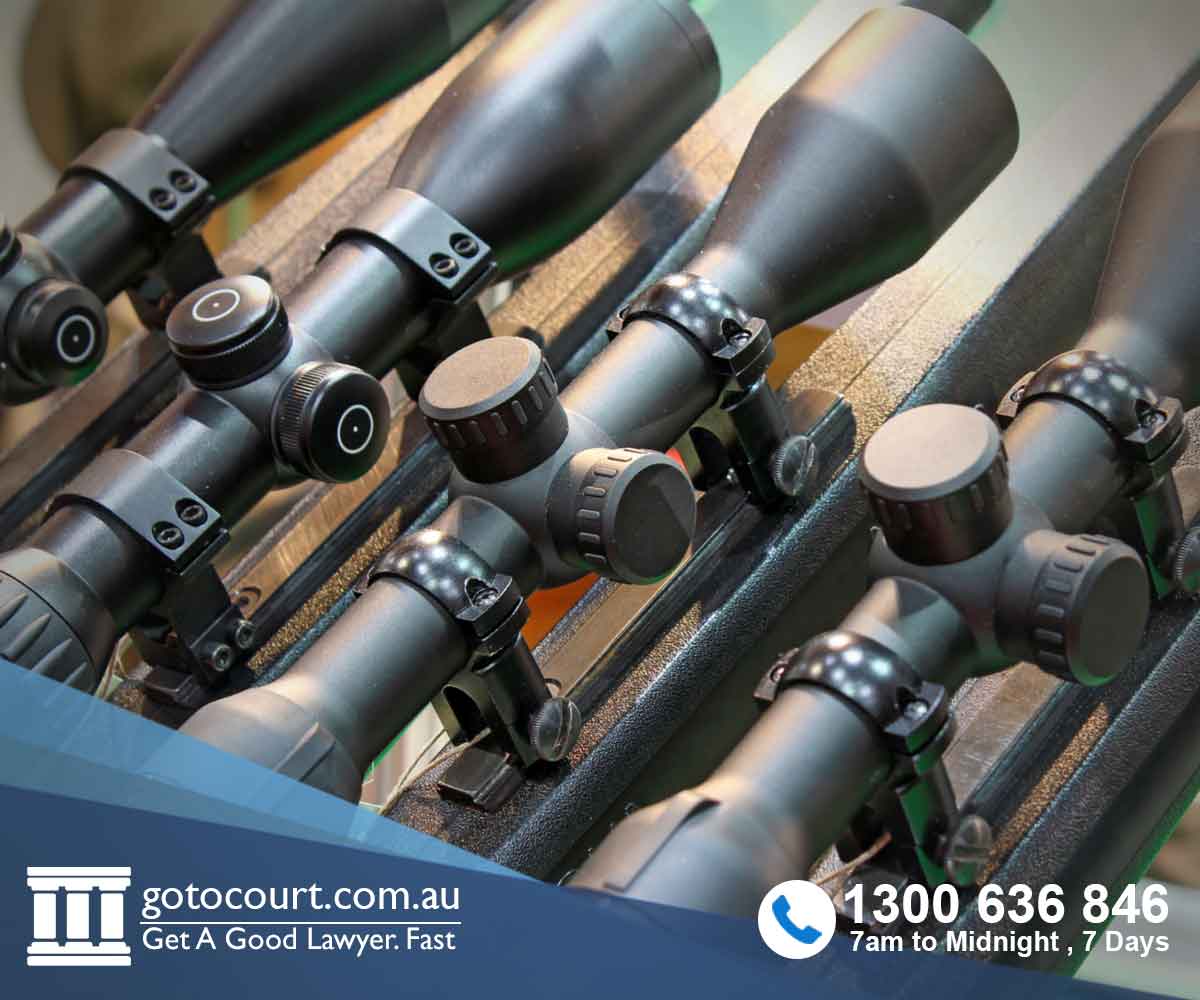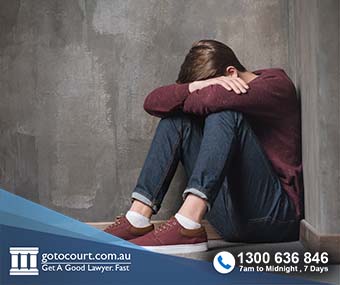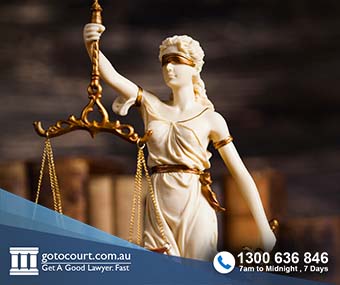Bail Applications (SA)
Bail Applications (SA)
When a person is charged with a criminal offence in South Australia, they may be remanded in custody or released on bail. A person who is granted bail is allowed to live in the community until their criminal matter is finalised, subject to conditions. This page deals with bail applications in South Australia.
Legislation and bail applications
Bail in South Australia is governed by the Bail Act 1985.
What is bail?
Bail is the conditional release of a person who has been charged with a criminal offence before the matter has been finalised. Bail exists because of the principle that a person is entitled to a presumption of innocence.
When the police or a court is considering whether to grant bail, they must balance the need to minimise risk to the community with the person’s entitlement to be treated as innocent until proven guilty.
Police bail vs court bail
A person who is arrested may be granted bail by the police.
If the police do not grant bail, the person is entitled to apply for bail in a court. A person who has been refused bail by the police may be brought before a court as soon as practicable. The court may grant bail or remand the person in custody until their next court date.
A person may apply for bail in court representing themselves or they may be represented by a lawyer.
Bail presumptions
The likelihood of a person being granted bail depends on the offence they have been charged with, their criminal history and their bail history.
If a person is charged with an offence for which the presumption is against bail, they will not be granted bail unless there are special circumstances that justify the grant of bail. This means that the onus is on the defence to show the court why bail should not be refused.
If a person is charged with an offence for which the presumption is in favour of bail, they will be granted bail unless the prosecution can demonstrate that bail should not be granted. In this situation, the prosecution bears the onus.
How are bail applications decided?
Under section 10 of the Bail Act 1985, a bail authority considers the following when deciding whether to grant bail:
- The gravity of the charges
- The likelihood that the person, if released, would abscond, reoffend, interfere with witnesses or breach an intervention order
- Any need the accused has for physical protection
- Any medical or other care the accused requires
- Any previous occasions the accused has breached bail
- Any other relevant matter.
Bail conditions
Everyone who is granted bail in South Australia is subject to the following conditions:
- Not to commit an offence punishable by imprisonment
- Not to possess firearms or ammunition
- To attend court when required.
Other bail conditions may also be imposed if the court or police have concerns about releasing the person. These conditions will be tailored to address the specific bail concerns that exist. Examples of common conditions are to live at a specified address, to report to the local police at specified times, and to be subject to electronic monitoring.
The Bail Act 1985 also contains some mandatory bail conditions that must be imposed if the person seeking bail is charged with particular serious offences.
Breach of bail
If a person breaches the conditions of their bail, they may be charged with a criminal offence. Their bail may also be revoked.
A person found guilty of breach of bail may be sentenced to up to two years imprisonment or fines up to $2,000. However, the court may not impose a penalty for breach of bail that is higher than the maximum penalty the person could have received for the offence they were on bail for.
If you require legal advice or representation in any legal matter, please contact Go To Court Lawyers.

Affordable Lawyers
Our Go To Court Lawyers will assist you in all areas of law. We specialise in providing legal advice urgently – at the time when you need it most. If you need a lawyer right now, today, we can help you – no matter where you are in Australia.How It Works




1. You speak directly to a lawyer
When you call the Go To Court Legal Hotline, you will be connected directly to a lawyer, every time.

2. Get your legal situation assessed
We determine the best way forward in your legal matter, free of charge. If you want to go ahead and book a face-to-face appointment, we will connect you with a specialist in your local area.

3. We arrange everything as needed
If you want to go ahead and book a fact-to-face appointment, we will connect you with a specialist in your local area no matter where you are and even at very short notice.










